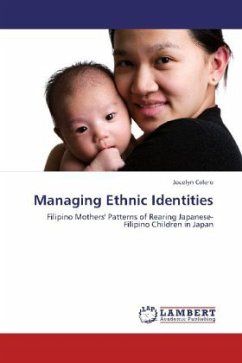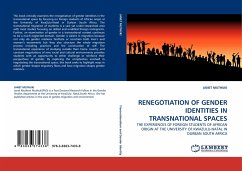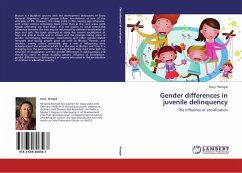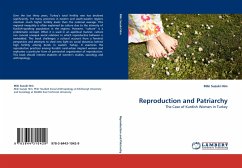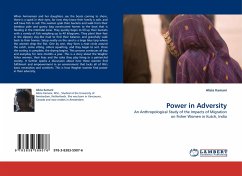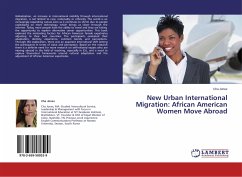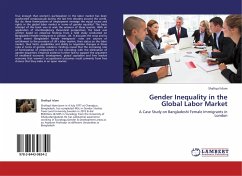The growing number of global, transnational, and intercultural families poses profound questions on ethnic identity and belonging. Filipino mothers,for instance, engage in parenting while simultaneously imagining and crafting meanings of ethnicity for themselves and their children. This ethnographic research explores the child-rearing strategies of Filipino single, migrant mothers in urban Japan. In-depth interviews with Filipinas in Tokyo were examined through grounded theory of analysis to determine their patterns of upbringing Japanese-Filipino children (JFC). Analyses of their narratives revealed that Filipino mothers in Japan utilize resources of ethnicity in deciding on the location, language, and cultural practices that they impart on their children. Depending on their access to these resources, Filipinas manage their children s exposure to Japanese, Filipino, and Japanese-Filipino ethnicities through assimilating, maintaining, switching, and synthesizing strategies of rearing JFC.

